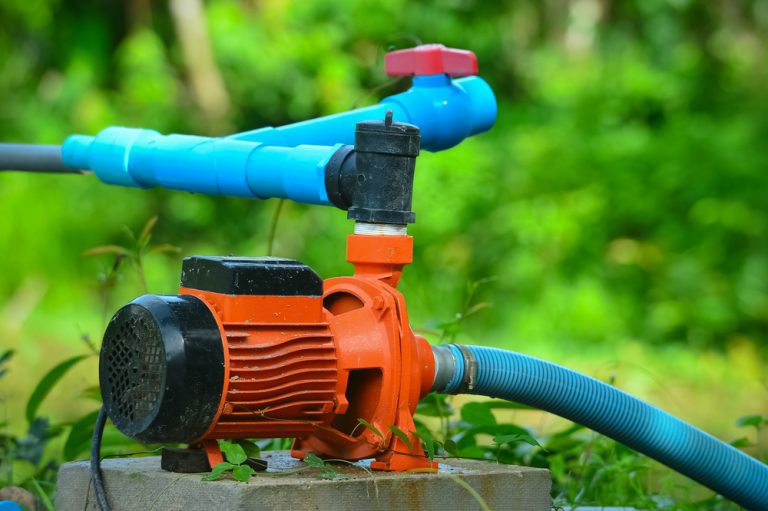
1. Understanding Fire Water Pumps
A fire water pump is a crucial part of fire safety systems, used to supply water at high pressure to sprinklers, hydrants, or hoses during a fire emergency. Unlike regular water pumps, these pumps are specifically designed to handle the high demands of fire suppression, ensuring a powerful and continuous water flow to control or extinguish fires effectively. Fire water pumps play a critical role in buildings, industrial plants, and even ships, providing a reliable means of water delivery when regular pressure levels might not suffice. These pumps are often equipped with diesel, electric, or steam engines, allowing them to operate independently of the building’s power source, which can be compromised during a fire.
2. Types of Fire Water Pumps
There are various types of fire water pumps, each tailored to different environments and requirements. The most common types include horizontal split-case pumps, end-suction pumps, and vertical turbine pumps. Horizontal split-case pumps are widely used due to their high efficiency and ease of maintenance, ideal for large facilities. End-suction pumps are compact and straightforward, making them suitable for smaller systems or buildings. Vertical turbine pumps are specifically designed for areas with limited space, as they can draw water from underground sources, such as wells, and are highly efficient in delivering water over long distances. Choosing the right pump type depends on several factors, including the building’s size, water source, and local fire safety regulations.
3. Key Features and Advantages of Fire Water Pumps
Fire water pumps are designed with specific features that enhance their performance and reliability. These pumps are engineered to start automatically when a fire is detected, either through direct triggers like heat or smoke detectors or when sprinkler systems are activated. Some models include controllers that monitor water pressure and provide diagnostic feedback, helping maintain operational efficiency. Furthermore, fire pumps are designed to work under challenging conditions, offering resistance to corrosion, high temperatures, and even vibrations, ensuring durability and reliability. This automatic and durable nature allows fire water pumps to respond rapidly in emergencies, helping protect property and saving lives by ensuring that water supply remains uninterrupted.
4. Installation and Maintenance Considerations
Proper installation and regular maintenance are essential to the effectiveness of fire water pumps. Installation should follow local fire codes and standards, typically requiring professional engineers or certified technicians. Fire pumps need to be housed in a location that is easily accessible but also protected from potential hazards, such as extreme heat or flooding. Regular inspections and maintenance, including testing the pumps and checking for wear and tear, are necessary to ensure the pump’s readiness in an emergency. Annual flow tests, weekly inspections, and performance checks help verify that the pump can deliver the required pressure when needed. Regular maintenance not only prolongs the pump’s lifespan but also ensures compliance with safety regulations, guaranteeing optimal performance during critical times.china fire pumps supplier